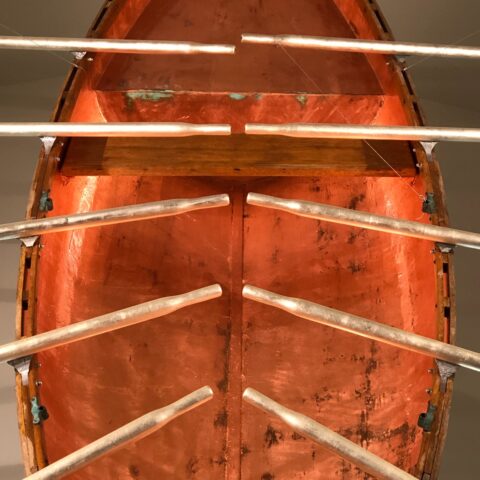I’ve been working on a novel, dinking around with it for a couple of years, then seriously since 2019. It’s had three significant overhauls on the way to a completed first draft.
The story is about a lawyer, and I wanted some input on the legal elements. At 7:30 a.m. on a Monday, I had a call with an attorney who is retiring from the profession to become an executive coach for attorneys and law firms.
Our conversation was illuminating. The attorney pointed out some things that were legally unrealistic.
“Why an IPO?” she asked. Then we simultaneously said, “Because of the money.”
We brainstormed alternatives. She suggested the client be a pharmaceutical company or a big bank. I laughed to myself. I know little about the world of IPOs, but I do know about banking. Changing the client from an IPO to a bank would make the writing much easier.
She directed me to a not-for-profit organization that provides legal services, saying the work they do could provide ideas for the legal problem in my story. She also proposed a suggestion for the ending that made it stronger.
The result of our discussion is that I need to add one character, change one character, and change several plot points, one setting, and the ending. All of it will make for a better story. (And a lot of work.)
At the end of our conversation, she and I talked about the process, how much we had enjoyed it. I said her ideas were phenomenal. She said she just treated the main character as if she were one of her coaching clients.
Our conversation was a gift.
What are the odds that I could find, let alone speak with, an attorney who is also an executive coach?
And here’s the thing: That conversation almost didn’t happen.
For the last two years of my career, the company moved me into a position that wasn’t the best fit. I like to make things. I like to radically overhaul something that’s not working. I like to gather, analyze, synthesize, and build.
The most important skills required in my last role were not my strengths: Influence. Building connections and coalitions within and beyond the walls of the organization. Creating a strategic route to a future no one else imagined.
I left that role when I learned I didn’t need to work anymore if I didn’t want to. But it wasn’t a clean exit.
My first six years at that company felt great, but the last two didn’t. I bundled up my icky feelings with some blame and resentment toward my last boss.
Later the year that I left, my former boss also left the company. She and I got together for coffee, which I thought was the polite thing to do. She said we should do it again. I mumbled something.
When she reached out via email to schedule a time, I responded with something like, “Great idea. I’ll reach back out to schedule in a couple of weeks.” But I never did.
One of my writer friends believes in non-violence and is writing a screenplay about a little-known non-violent movement. People know about Martin Luther King, Jr., but they don’t know about this.
As I’ve listened to her story, I’ve wondered about non-violence. Do I believe in non-violence? Do I have violence in my life?
At first, I thought I was clean. I’m not actively fighting anyone. It was a comfortable illusion.
The truth was: maintaining blame and resentment toward my former boss is violent. My stubborn persistence in holding her at arm’s length is passive-aggressive violence.
I reached out to schedule our coffee.
My former boss and I had a great conversation and agreed we are both happier at the work we are doing now. She asked about my novel, and I told her. And then she said, “I have a friend who’s an attorney. She’d love to talk with you about your book.”
As I think about it now, I see all these good things that were waiting for me on the other side of my wall of resentment.
When the wall came down, in came the good.
PS: In that earlier post, when I decided to donate 10% of the benefit of my tax status, I wasn’t sure what organization would be the recipient. After talking to the attorney, I wanted to thank her, but attempting to pay for her time seemed an insult to the gift she had given. So, the money went to the organization she had referenced. When I emailed her about the donation, she wrote back, “Perfect!”
The wheel of good keeps turning.
Chewing the Cud of Good

Thankful for the gift of time.